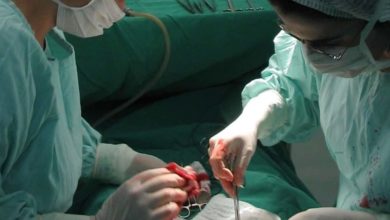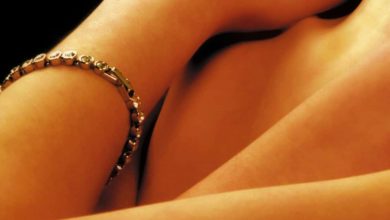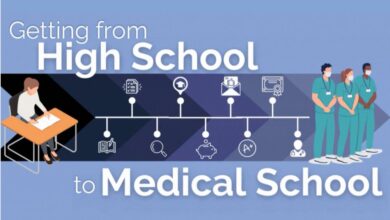A medical school’s atmosphere, its charm, is defined by the energy and passion that the students embody. Students are encouraged to maintain their wellbeing and cultivate a diverse community, and many schools promote cultural celebrations, athletic competitions, talent shows, art showings, and philanthropic fundraisers. While your GPA and MCAT score will meet the basic criteria for each school, it will be your interests and hobbies that round out your application and allow you to stand out as a unique applicant.
Under the Work/Activities section of the AMCAS, there is a experience type called “Extracurricular/Hobbies/Avocations”. Describing interesting hobbies such as traveling, cooking, playing intramural sports or an instrument, and website building are all ways to show a school that you’ll be able to contribute to the school in more ways than just academics. For example, one of my classmates with whom I coordinated a student-run clinic with is an avid long distance runner and is currently training for the Boston Marathon. Earlier in the year, she encouraged classmates to train together and participate in San Francisco’s Nike Women’s Half Marathon. The diversity of student keeps medical school exciting by providing opportunities for students to share their passions with one another.
Below are four reasons why you should not underestimate the strength of describing your avocations and hobbies on the medical school application Work/Activities section.
Read: How To Stand Out With Extracurriculars || 5 Parts of a Competitive Medical School Application
1. Hobbies demonstrate your passion
Cultivating a hobby and demonstrating commitment to that activity reveals a passion that every medical school searches for in its applicants. For example, playing the piano for 10 years and performing in a yearly community concert shows discipline in practicing, confidence in performing, and long-term dedication to an art. These are all qualities that can be channeled into a passion for medicine. In order to emphasize your passion, be specific in describing your hobby. If you cook, don’t just say you enjoy preparing pasta for yourself and your significant other. Instead, describe where you gain your inspiration from, the types of cuisine that you’ve tried your hand at, and what tricks you’ve learned in the kitchen.
2. They make you more relatable as a person
For a moment, put yourself into the seat of the interviewer at a medical school. They’ve read over dozens, if not hundreds, of applications that most likely fall under the same mold: basic science research, clinical volunteering, and plenty of community service. While all of those extracurricular activities are crucial in demonstrating interest in medicine, they don’t necessarily provide a wholesome picture about who you are as an individual. This is where hobbies and interests help. Showing the interviewer that you are well versed in discussing interests outside of medicine demonstrates that you are capable of relating to people on multiple levels. After all, if you were an interviewer, would you prefer to ask a student about their clinical research, or discuss how they became interested in performing magic or fencing?
3. They round out your application with diversity
Throughout the application process, you will undoubtedly find mention of the word “diversity” numerous times. As the American patient population continues to grow more diverse, medical schools are adapting by training an equally diverse cohort of students to become the next generation of physicians. The end goal is not to produce a class of book-reading, test-taking robots, but to educate students on the art and science of patient care – to take care of the most diverse group of human beings. Diverse hobbies such as speaking a foreign language or traveling to different countries shows that you have embraced cultures besides your own.
4. They demonstrate that wellbeing is a priority in your life
Medical school is 4 years of hard work and can easily become overwhelming at times. It’s important that you don’t sacrifice your interests and hobbies and continue to have a life outside of medical school. Whether it’s waking up early twice a week to catch the surf down at Venice Beach (shout-out to PDr’s Evan Laveman) or holding band practice for the all-school Talent Show one evening a week, it’s important to have regular, positive stress relief. Medical schools have figured out how to train doctors, but they haven’t quite figured out how to maintain everybody’s sanity throughout those 4+ years, so they want to accept students who are already experts at doing so.
|| Read about medical school essay editing service
The views and opinions expressed in this article are those of the author and do not necessarily reflect the views of ProspectiveDoctor



